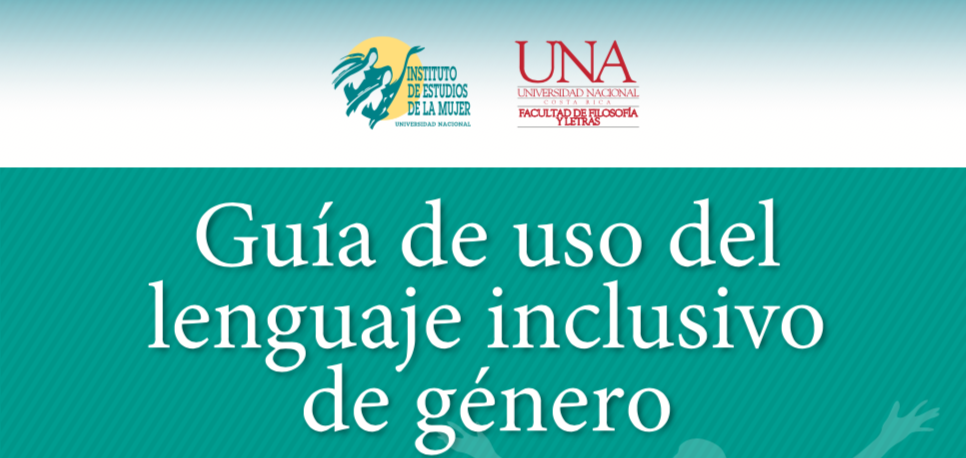ON THE INTERNAL NATURE OF KNOWLEDGE AND THE IMPOSSIBILITY OF SCEPTICISM
DOI:
https://doi.org/10.15359/praxis.76.4Keywords:
consciousness, intentionality, scepticism, internalism, externalism, physicalism, brain statesAbstract
Representationalism has been the philosophical mainstream approach to the metaphysical problem of consciousness, at least in the last three decades. Under this view, the explanation of consciousness in physical, intentional and external terms is possible while the brain itself is excluded as the source of consciousness experience. However, this account is highly problematic. I offer another view, based on an internalistic approach of experience via a non-reductive physicalism, that explain that it is the best path to explain the nature of our phenomenal consciousness and intentionality. This view while avoid the problem of scepticism is a straightforward explanation of the whole metaphysical and epistemological nature of the reality.References
Armstrong, D. (2002). The Causal Theory of the Mind. En D. Chalmers. (Ed.), Philosophy of mind: classical and contemporary readings (80-87). Oxford: Oxford University Press.
Armstrong, D. (1986). The Nature of Mind. En J. P. Bratman (Eds.), Introduction to Philosophy: Classical and Contemporary Readings (259-266). Oxford: Oxford University Press.
Bókkon, I., Mallick, B. N., & Tuszynski, J. A. (2013). Near death experiences: multidisciplinary hypothesis. Frontiers in Human Neuroscience, 7, 533.
http://doi.org/10.3389/fnhum.2013.00533
McLaughlin, B., Beckermann, A., & Walter, S. (2009). The Oxford Handbook of Philosophy of Mind. Oxford: Oxford University Press.
Brentano, F. (1995). Psychology from an Empirical Standpoint. New York: Routledge.
Chalmers, David J. (1995). Facing up to the problem of consciousness. Journal of Consciousness Studies 2 (3):200-19.
Chilshom, R. M. (1957). Perceiving: A philosophical Study. Ithaca: Cornell University Press.
Crane, T. (2001). Elements of Mind. New York: Oxford University Press.
Crane, T. (2009). Is Perception a propositional attitude? The Philosophical Quarterly, 59: 452–469. doi:10.1111/j.1467-9213.2008. 608.x
Davidson, D. (1987), Knowing one's own mind. Proceedings and Addresses of the American Philosophical Association 60 (3):441-458.
Dennett, D. (1991). Consciousness Explained. New York: Penguin.
Dretske, F. (1995). Naturalizing the Mind. Massachusetts: MIT Press.
Dretske, F. (1995). Naturalizing the Mind. Cambridge: MIT Press.
Fodor, J. (1974). Special Sciences (Or: the disunity of science as a working hypothesis). En D. Chalmers, Philosophy of Mind: classic and contemporary readings (126-135). Oxford: Oxford University Press.
Gonzalez Estrada, A. (2016). On the phenomenal, intentional and physical nature of the mind. PhD Thesis, publicación en preparación, Keele University.
Gulick, R. V. (2002). Nonreductive Materialism - Still the Best Buy at the Mind-Body Bazaar. En M. Pauen(Ed.). Phaenomenales Bewustsein: Entstehung und Erklarg (297-327). Berlin: Mentis Verlag.
Gulick, R. V. (1992/1997). Understanding the phenomenal mind: are we all just armadillos? Part II: the absent qualia argument. En O. F. Ned Block, The nature of consciousness (435-442), Massachusetts: MIT Press.
Jackson, F. (1982). Ephifenomenal Qualia. Philosophical Quarterly 32: 127–136.
Kriegel, U. (2002). Phenomenal Content. Erkenntnis 57(2) 175-198.
Kriegel, U. (2011). The Sources of Intentionality. Oxford: Oxford University Press.
Lewis, D. (1991). Mad Pain and Martian Pain. En D. R. (Ed.), The Nature of Mind (229-235). Oxford: Oxford University Press. Trabajo original publicado en 1980.
McGinn, C. (2002). Can we solve the mind-body problem? En O. F. Ned Block, The nature of consciousness Philosophical dabates (529-542). Massachussets: MIT Press. Trabajo original publicado en 1989.
McGinn, C. (1983). The subjective view. Oxford: Claredon Press.
Papineau, D. (1993). Philosphical Naturalism. Oxford: Blackwell.
Pautz, A. (2013). Does Phenomenology Ground Mental Content? En U. Kriegel (Ed.), Phenomanel intentionality (194-234). Oxford: Oxford University Press.
Place, U. (1970). Is consciouness a brain process? En C. V. Boors (Ed.), The mind-brain Identity Theory (42-51). London: The Macmillan Press. Trabajo original publicado en 1956.
Putnam, H. (1975). Mind and Machines. En H. Putnam, Philosophical papers Vol. 2 (362-385). Cambridge: Cambridge University Press. Trabajo original publicado en 1960.
Smart, J. (1970). Sensations and brain process. En C. Borts, The Mind-Brain Identity Theory (págs. 52-66). Surrey: The Gresham Press. Trabajo original publicado en 1959.
Smythies, J. (2005). How the brain decides what we see. Journal of the royal society of medicine 98(1): 18–20.
Smythies J. R. & Ramachandran, V. S. (2008). An empirical refutation of the direct realist theory of perceptio. Inquiry, 437-438.
Strawson, P. (1981). Individuals. En D. Rosenthal(Ed.), The nature of mind (págs. 58-62). London: Methuen & Co Ltd. Trabajo original publicado en 1958.
Strawson, P. (1991). Person. En D. Rosenthal, The nature of mind (págs. 104-115). Oxford: Oxford University Press. Trabajo original publicado en 1958.
Tye, M. (2000). Consciousness, colour and content. Cambridge, MA: MIT Press.
Tye, M. (1995). Ten problems of consciousness. Massachusetts: MIT Press.
Wittgenstein, L. (2006). Sobre la certeza. Barcelona: Gedisa. Trabajo original publicado en 1969.
Downloads
Published
How to Cite
Issue
Section
License
La revista trabaja bajo la Licencia Creative Commons Atribución-NoComercial-CompartirIgual 4.0 Internacional; apartir de la publicación número 79 (2019); en publicaciones anteriores se trabajaba bajo una Licencia Atribución- No Comercial- Sin Derivadas 4.0 Internacional.







